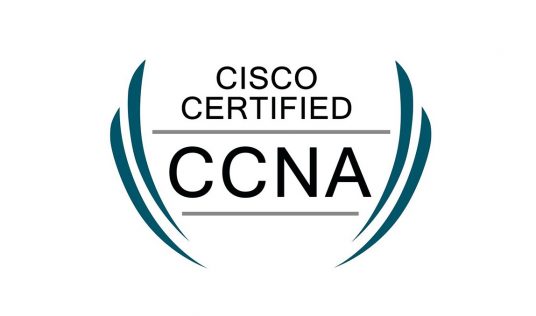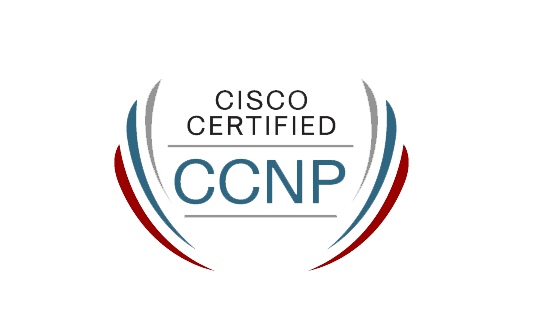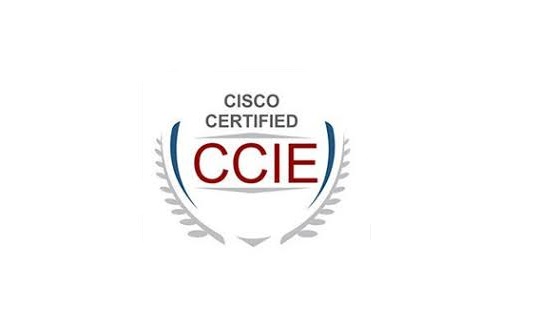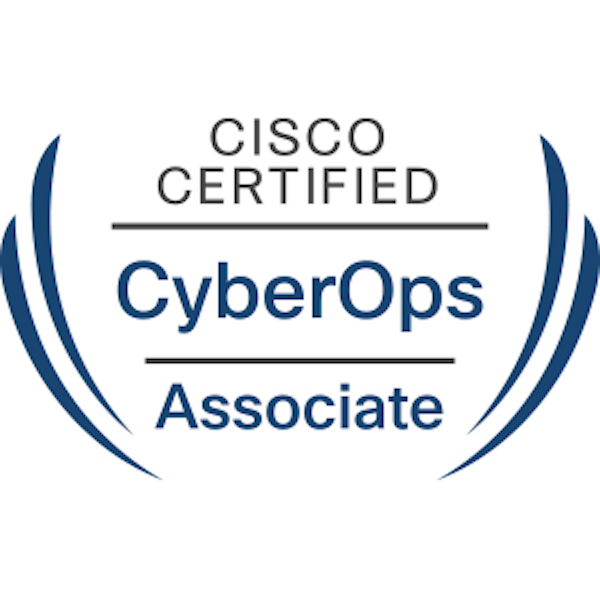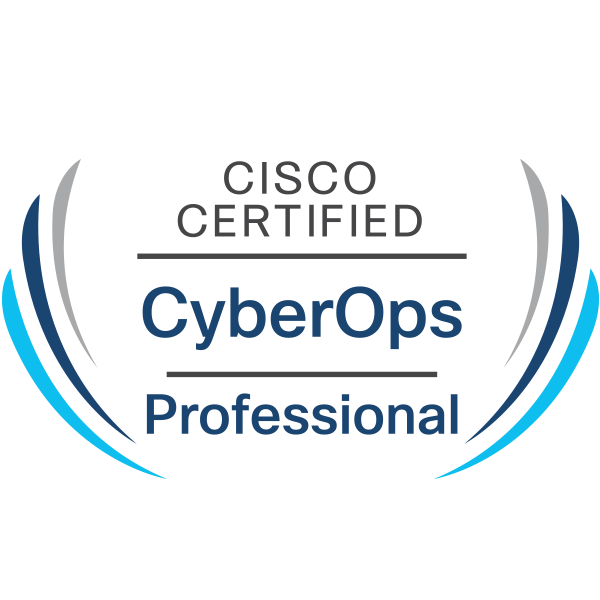Cisco Courses South Africa
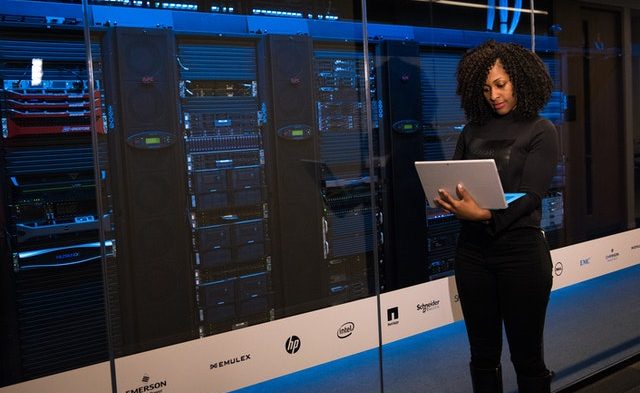
Cisco Courses South Africa
March 1, 2025 Comments Off on Cisco Courses South AfricaCisco Courses South Africa
CISCO Training – South Africa
South Africa is a country on the southernmost tip of the African continent, marked by several distinct ecosystems. Inland safari destination Kruger National Park is populated by big game. The Western Cape offers beaches, historicol winelands around Stellenbosch to Paarl, jagged cliffs at the Cape of Good Hope, lush forest and lakes along the Garden Route, and beneath flat-topped Table Mountain is the city of Cape Town.
Since its inception in 1998 CCNA. Thus In total, 85% of the internet’s traffic travels via Cisco systems, making it the largest networking system in the world! All in all Cisco Systems is a global tech multi-industry company, which designs and manufactures networking equipment. Furthermore Cisco’s advanced networking solutions connect computer networks, computing devices and people.
Frequently asked questions about the Cisco Courses in SA.
Why CCNA Training (Cisco Certified Network Associate) – South Africa?
Who should attend the Cisco Courses South Africa?
Anyone can attend CCNA Training (Cisco Certified Network Associate), but there are several CCNA courses, other networking modules include; CCNA security and CCNA wireless. The CCNA certificate would help you switch from your existing job to a better paying and more challenging networking job. In turn to earn the ITIL Foundation Certificate, students must pass a closed-book exam/s.
Part-Time
Fast forward your career in the IT industry with a part-time course at School of IT. In turn Part-time courses allow Cisco professionals to transition into a new skill set while you work. Moreover at School of IT we are agile and customize a course to the individual.
Full Time
Ready to start a career in IT? Use the Cisco Architecture as a full time student at School of IT. Thus begin your career in best IT practices and IT networks.
High School
Learn about the networking and best practices, prepare for the future while you’re still in high school. Thus no matter where you are, we come to you! Thus it gives you the analytical skills to pursue your dreams!
Corporate
Learn about Cisco networks and up skill yourself or your company while you work. Thus no matter where you are, we come to you and give the networking tools to move up in your company.
Course Objectives.
Hands-on experience with Cisco networking products.
By the end of the CCT course, students will have usable knowledge of:
- Overall Use basic Cisco software configuration and tools: CLI commands, Tera Term, Putty, file transfer protocols, USB Storage, serial connections, and Windows
- Describe video and collaboration fundamentals and Cisco collaboration products, including software and hardware components
- Perform remedial services (hardware break/fix) on Cisco collaboration products including software and configuration backup and restore, test calls, software upgrade/downgrade, endpoint resets, and change passwords
- Recognize correct connections and configuration
- Perform basic Layer 1 and basic Layer 2 troubleshooting
Course Objectives.
Hands-on experience with Cisco networking products.
By the end of the CCNA course, students will have usable knowledge of:
- Overall Design, install and support business critical network switch, router and VLANs.
- All in all Troubleshoot and support LAN/WAN networks.
- In turn Investigate new network technologies to support IT infrastructure.
- Thus Monitor fault findings, to manage and resolve major IT incidents.
- Learn how to handle networking projects as well as providing user support.
- Manage Cisco Enterprise switching and routing network infrastructure.
- Not to mention learn Cisco Networking concepts and procedures.
Course Objectives.
All in all the Cisco Certified Network Professional (CCNP) certification validates the ability to plan, implement, verify and troubleshoot enterprise environments. CCNP training and certifications are appropriate for those who are ready to advance their skills and work independently on complex network solutions.
By the end of the CCNP course, students will have usable knowledge of:
- Understand Complex Enterprise Network Requirements.
- All in all Plan and Document Implementation of network infrastructure.
- Learn the Basic EIGRP for the Enterprise LAN Architecture and Routing Implementations with EIGRP.
- Not to mention EIGRP for the Enterprise WAN Architecture.
- Advanced EIGRP Features in an Enterprise Network
- Learn Routing Implementations with OSPF as the Scalable Routing Protocol
- Routing Performance in a Complex Enterprise Network.
- Network Routing Performance and Security Issues.
- Configure and Verify Route Redistribution.
- Plan the Enterprise-to-ISP Connection.
- Furthermore Configure Basic BGP Operations.
Course Objectives.
Overall Cisco Certified Internetwork Expert (CCIE certification) is a series of technical certifications for expert networking professionals who design, build, implement, maintain and troubleshoot complex enterprise networking infrastructures.
- Introducing the Cisco 360 Learning Program for CCIE R&S.
- Learn and Resolve DMVPN.
- All in all Resolve Layer 2 Tasks.
- Solve IGP Tasks.
- Resolve Redistribution Tasks.
- Thus Learn and Configure BGP.
- Overall Router MQC QoS Task Analysis and Configuration.
- Multicast Task Analysis and Configuration.
- Cisco Network Services Task Analysis and Configuration.
- Not to mention Cisco Network Troubleshooting.
Course Objectives.
Overall The The Cisco Certified Architect (CCAr) certification is for senior network infrastructure architects who produce technical specifications for the network to support business objectives. The curriculum focuses on understanding the business strategy and translating it into technical infrastructure requirements..
- Gather, clarify, and analyze business requirements.
- Perform risk analysis and setup a network based on business requirements.
- Create a migration and transition strategy.
- Communicate to a technical audience and business audience.
- Demonstrate conceptual knowledge of a wide array of network technologies (e.g., Layer 3 routing, tunneling, security, network management, wan etc).





